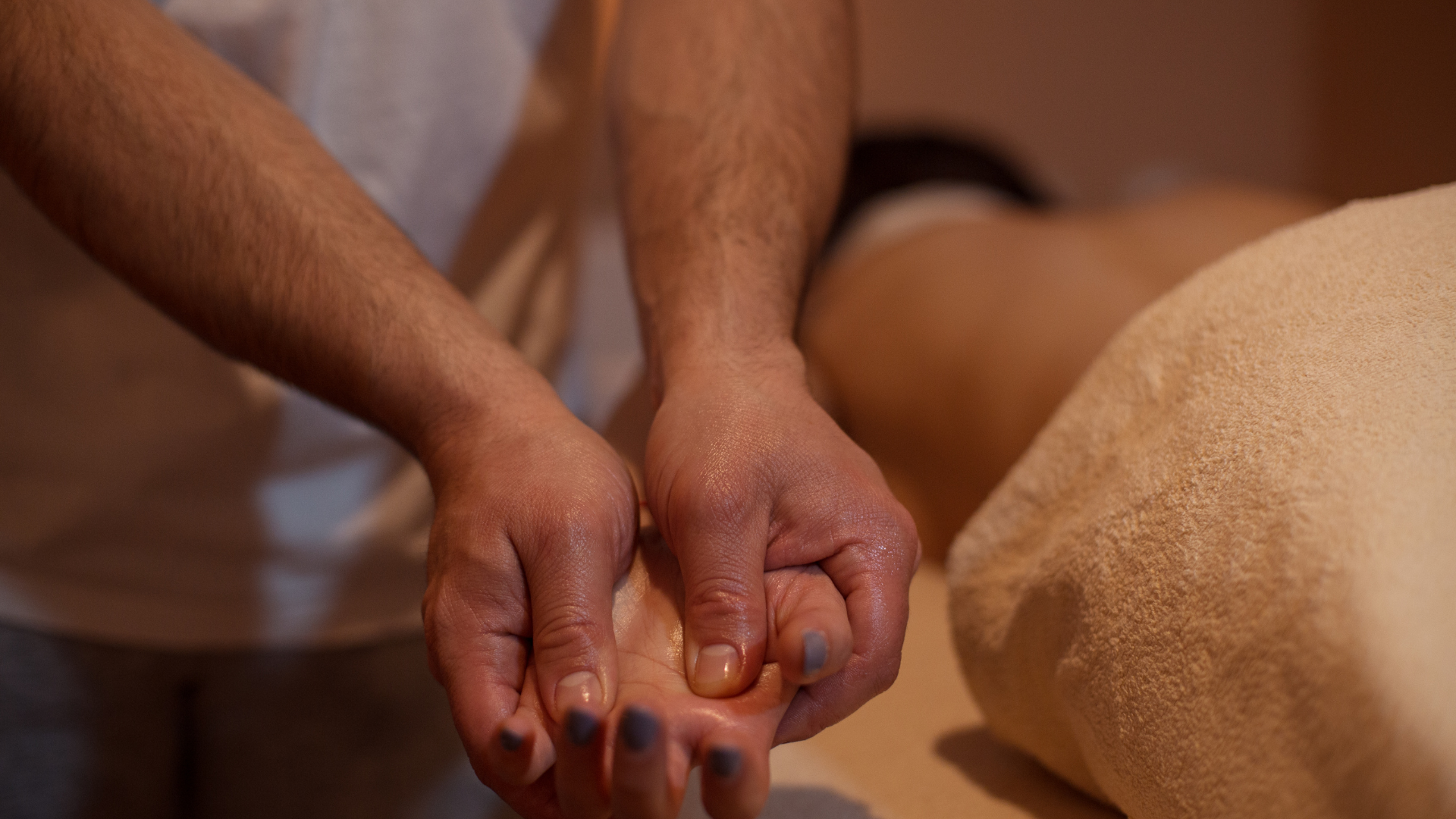Why Are Mice Deadly?
What is it about mice that make them so deadly? Do they have a snake-like striking ability, the ability to use their tails as weapons, or the uncanny ability to squeeze into tight spaces? Read on for more information about why mice are both extremely frightening and some of the most fascinating animals out there.
What is a Mouse?
Mice are small mammals that live in nearly every environment on Earth. They can move quickly and easily through tight spaces and build nests. This makes them perfect prey for predators such as snakes and hawks. They also have several natural defenses against predators, including a high degree of agility, a strong sense of smell, and quick reflexes. However, these same qualities can make mice deadly enemies when they invade human space.
One of the most common methods used to control mice is by using traps. These traps are designed to capture animals by using food or water as bait. Mice are attracted to these baits, which then leads to their capture. However, if you find yourself dealing with a persistent mouse infestation that requires professional intervention, it’s advisable to seek the services of experienced pest control experts. You can search online for “mice exterminator near me” to find a reputable pest control firm that can remove the mice population and ensure your home remains a mice-free haven.
Why Do Mice Cause Diseases?
Mice are small animals that live in buildings and barns. They can cause diseases by coming into contact with people or other animals. Mice can also spread diseases to other mice. Mice can cause diseases by eating things that are dirty or infected.
Mice are deadly creatures. They’re small, but they have sharp teeth and powerful claws. They can jump high and run fast. And they’re skilled at getting into tight places where they can do damage. They cause diseases because they are good at spreading infections. They often get sick themselves, then transmit the infection to other animals or people.
Mice can also spread disease when they eat contaminated food or when they contaminate surfaces with their droppings. Diseases that are caused by mice include:
- plague
- hantavirus
- tuberculosis
Mouse populations can become large enough to cause real problems in areas where humans live or work. For example, mouse populations can spread bubonic plague (see image below) to humans through the air. Mouse populations also create nuisance problems by destroying insulation in buildings.
How are Mice Dangerous to Humans?
Mice are common creatures in both urban and rural areas, but their behavior can be unpredictable and dangerous to humans. While mice may not typically pose a direct threat to people, their unpredictability can lead to accidents or even death.
How mice can be dangerous to humans:
Raiding Food Caches or Kitchens
Mice are excellent climbers and can navigate tight spaces, making them adept at raiding food caches or kitchens. If your house is equipped with a cat, one mouse might not cause much trouble, but if there are hundreds of them, they could quickly become a nuisance.
Spreading Diseases
Mice and rodents are not only annoying pests but also carriers of various viruses and bacteria that pose significant health risks. These harmful microorganisms can easily spread through the air and contaminate surfaces, putting both objects and people at risk. For instance, the flu virus can be transmitted through contact with saliva or mucus from infected mice, while bacteria like E. Coli O157:H7 can spread through contact with faecal material. If you work with food, maintaining rigorous hygiene practices, including keeping your hands clean, is crucial to prevent the transmission of diseases. To ensure a rodent-free home and protect against potential health hazards, consider enlisting the services of a professional Rodent Control Raleigh-Durham NC, or in your local area. Their expertise can help identify and eliminate rodent infestations, creating a healthier and safer living environment.
Causing Damage
Mice, being robust creatures, can wreak havoc on properties by gnawing on walls and damaging furniture. Beyond physical damage, they frequently construct nests both inside and outside homes, often containing droppings that carry parasites potentially harmful to humans if consumed. Furthermore, the areas damaged by mice, especially when exposed to moisture, become ideal breeding grounds for mold, posing additional concerns. Recognizing the interconnected issues, many individuals, when engaged in pest control to eliminate mice, also enlist the services of professionals specializing in mold testing in Boston, MA, or in other locations. This additional step is taken to identify and assess potential mold growth, addressing not only the immediate mouse infestation but also mitigating the secondary issue of mold.
What to Do When You’re Bitten by a Mouse?
Mouse bites can be dangerous, especially to children. If you are bitten by a mouse, the best thing to do is to wash the wound with soap and water. Apply a bandage if necessary. For minor mouse bites, there is usually no need for any medical attention. However, if the mouse bite causes redness or swelling, contact your doctor immediately. Mouse bites can also carry diseases that can be serious, such as rabies.
Where Do Mice Usually Survive?
Mice are small rodents that can be found in a variety of habitats all over the world. While they are most active at night, they are also known to be active during the day. They are good climbers, can fit into very small spaces, and usually survive in areas where there is an abundance of food and shelter.
Mice are also known to be able to survive in harsher conditions, such as cold winters and hot summers. While they have many predators, they are also known to be able to escape danger by running very fast and hiding in small spaces. Mice could also be found in residential areas, surviving in house basements and attics. They could cause harm to the property as well as affect the health and safety of people living in the house. So, if you see rodents in your house causing havoc and damaging household items, you can contact pest control experts who could help you exterminate mice from your property. You can also collect information online about such services from https://www.pestcontrolexperts.com/ or other company websites. Moreover, you should ensure that your house stays clean and doesn’t have food lying around in the kitchen since that can attract rodents and insects easily.
Mice are one of the most common lab animals and for good reason. They’re easy to care for, relatively cheap, and reproduce rapidly. However, mice can be deadly if you do not know how to handle them properly.
This article highlighted some of the dangers of handling mice and offered tips on how to avoid them. If you work with mice regularly, it is important to be aware of these hazards so that you can keep yourself and your research safe.

